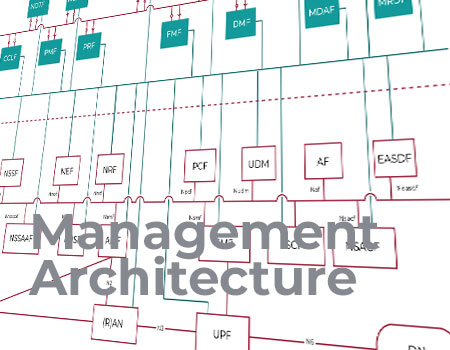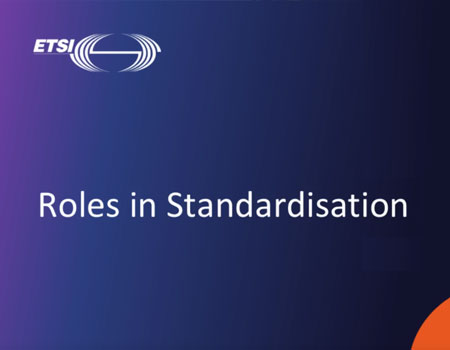By Puneet Jain, 3GPP TSG SA Chair
First published Nov 2023, in Highlights Issue 07
Release 18 Status
Rel-18, the initial release for 5G-Advanced, signifies the subsequent stage in the progression of 5G technology. 5G-Advanced aims to provide new functionalities extending beyond mere connectivity, thus unlocking a broader spectrum of sophisticated applications tailored to vertical industries and sectors.
During SA#98-e meetings in December 2022, the challenges associated with e-meetings prompted a decision to extend the Rel-18 deadlines by three months. Consequently, the Stage-2 functional freeze has been rescheduled to June 2023, the Stage-3 freeze deadline has been moved from December to March 2024, and the ASN.1/OpenAPI freeze deadline has been adjusted from March to June 2024.
I am pleased to report that Stage 2 has been successfully finalized in all SA Working Groups, and we remain on track to deliver the implementable Rel-18 specifications by June 2024.
Rel-18 Timeline
Release 19 Progress
Rel-19 is the second release for the 5G-Advanced. In SA1 (Services), work on the use cases and normative service requirements for Rel-19 Stage 1 has been in progress. This effort is currently 80% complete and is expected to reach full completion by December 2023.
The planning for Stage 2 work was initiated during the SA Rel-19 workshop conducted in Taipei, in conjunction with the SA#100 meetings. This event garnered active participation from a diverse spectrum of 3GPP members, encompassing vendors, operators, verticals, and MRPs. A notable total of 65 valuable contributions were made during this workshop. In the process, the definition of Rel-19 content, employing a two-step approval procedure consisting of moderated email discussions and approval during physical meetings was agreed upon (See Figure 2 below).
After two days of in-depth discussions, TSG SA identified 17 "core" and 15 "miscellaneous" potential topics for inclusion in Rel-19, as illustrated in Figure 3. Subsequently, during the SA#101 meeting, following further deliberations, 5 SIDs were approved for Rel-19 topics (highlighted in green in Figure 3), marking the commencement of work in SA2 (System Architecture and Services) during Q4.
The core items and miscellaneous topics highlighted in cyan color in Figure 3 will be further discussed in WG SA2 in Q4, 2023 for final Rel-19 content approval in SA#102 (Dec). The remaining topics will not be part of the Rel-19 content definition but may be considered for TEI19 (Small Technical Enhancements and Improvements).
Rel-19 Topics
SA6 (Application Enablement and Critical Communication Applications) has decided to enhance existing specifications for application enablement, such as Mission Critical Services, Enabling Edge Applications, Location Services, IoT Messaging, Data Delivery, and Uncrewed Aerial Systems (UAS) in Rel-19. They are also working on new AI/ML and eMMTel services specifications. Additionally, they are considering new topics like Localized Mobile Metaverse and XR Services, Satellite-access-enabled 5G Services, and Sensing Enablers for Vertical Applications within Rel-19.
Discussion on Rel-19 topics are concurrently taking place within SA3 (Security), SA4 (Multimedia Codecs, Systems and Services), and SA5 (Management, Orchestration and Charging) and some early projects are expected to be approved in TSG#102.
It is noteworthy that SA2 has the capacity to accommodate a range of 10 to 14 study/work items within the scope of Rel-19, as determined by the Time Unit (TU) budget estimate. Should prioritization become necessary, it will be addressed during SA#102. In contrast, other SA Working Groups do not anticipate requiring prioritization, as their current workload remains manageable.
It may be worth pointing out that SA#101 also engaged in preliminary discussions regarding the 6G work plan, prompted by an incoming liaison from ITU-R related to finalizing the IMT2030 framework document. No definitive conclusions were reached on this matter, and we anticipate further discussions on the 6G work plan and its timeline during the SA#102 meetings scheduled for December.
Further reading
- Release 18 webpage
- Release 19 webpage
- The 3GPP Work Plan (Latest set of features & their progress).
- SA WG2 Rel-19 Content (TSG SA#102 Approved, SP-231760).

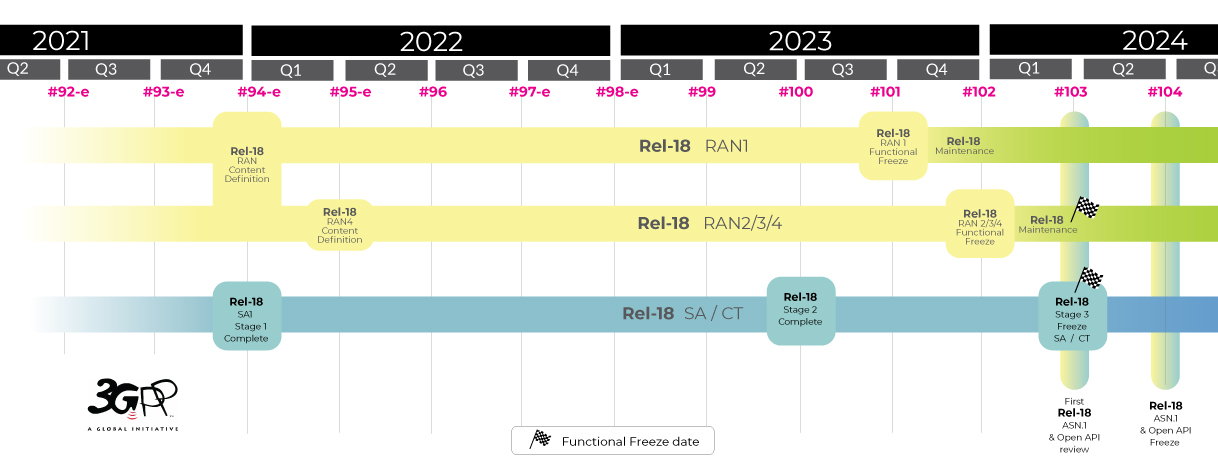
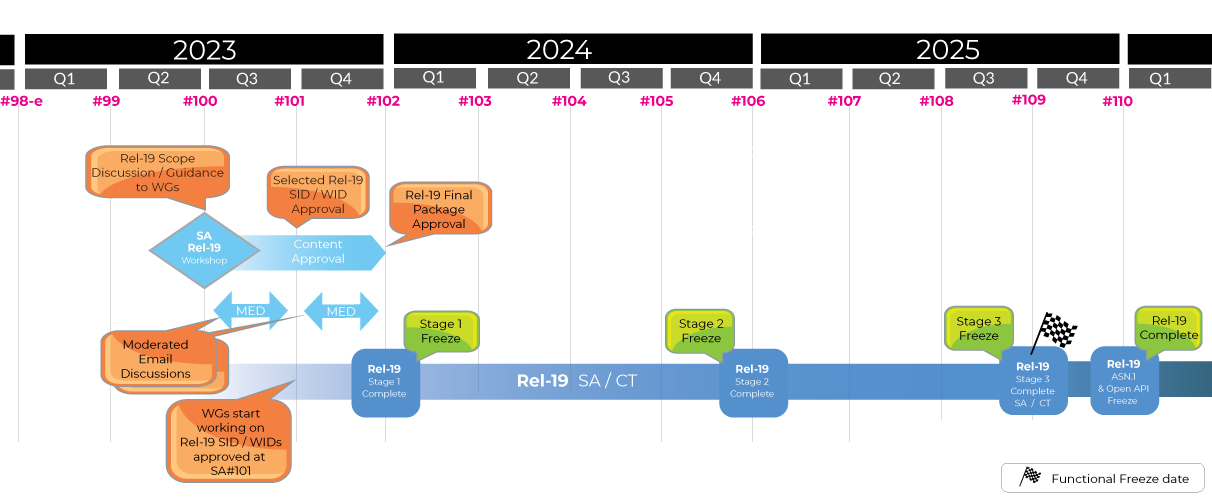

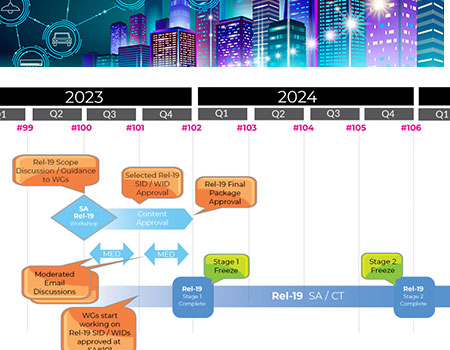
 Technology
Technology